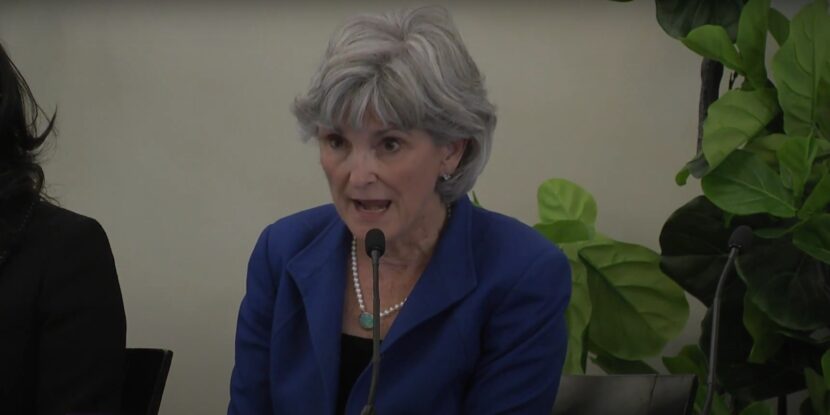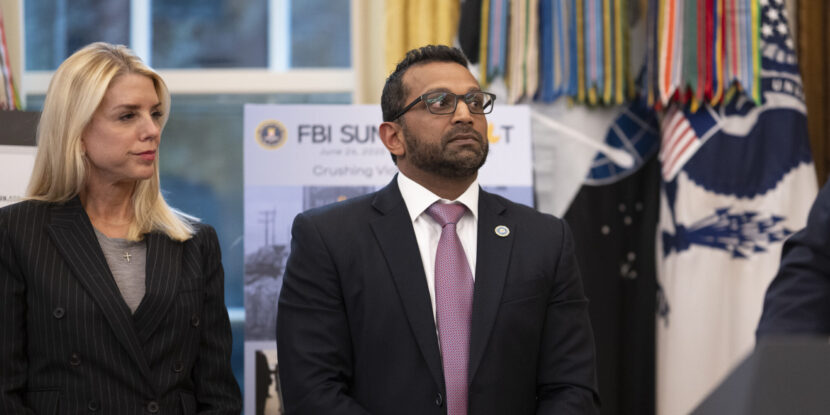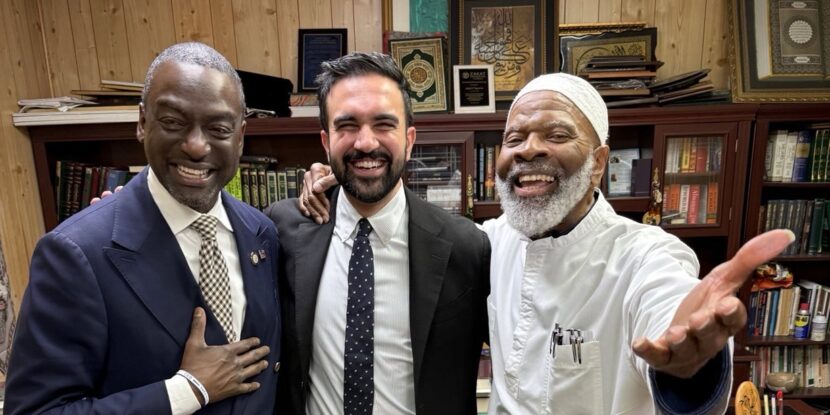PULSE POINTS:
❓What Happened: A federal judge issued a preliminary injunction halting the Trump administration’s efforts to cut 10,000 jobs and reorganize federal agencies under its Department of Government Efficiency (DOGE) initiative.
👥 Who’s Involved: President Donald Trump, senior U.S. District Court Judge Susan Illston, U.S. Solicitor General John Sauer, federal employee unions, advocacy groups, and several states and local governments.
📍 Where & When: The injunction was issued late Thursday evening on May 22, 2025.
💬 Key Quote: “Agencies may not conduct large-scale reorganizations and reductions in force in blatant disregard of Congress’s mandates, and a President may not initiate large-scale executive branch reorganization without partnering with Congress,” wrote Bill Clinton appointee Judge Susan Illston.
⚠️ Impact: The Trump administration has appealed the decision to the 9th Circuit and may seek Supreme Court intervention, as the injunction halts a key element of the administration’s second-term domestic policy.
IN FULL:
A federal judge has temporarily blocked the Trump administration’s efforts to cut 10,000 jobs and restructure federal agencies, issuing a preliminary injunction that halts the initiative known as the Department of Government Efficiency (DOGE), which has been fronted by billionaire entrepreneur Elon Musk. The order, issued late Thursday by senior U.S. District Court Judge Susan Illston of the U.S. District Court for the Northern District of California, prevents further reductions in force and executive branch reorganization while a lawsuit challenging the plan proceeds. The lawsuit was filed by unions representing federal employees, advocacy organizations, and a coalition of states, cities, and counties.
The administration’s February 11 Executive Order, aimed at “critical transformation of the Federal bureaucracy,” directed agency heads to prepare for large-scale workforce reductions. The mass layoffs have been a key feature of President Trump’s second-term domestic agenda.
“Presidents may set policy priorities for the executive branch, and agency heads may implement them. This much is undisputed,” Judge Illston wrote in her decision. However, the Bill Clinton appointee insisted that Congress holds the authority to create, fund, and assign duties to federal agencies. “Agencies may not conduct large-scale reorganizations and reductions in force in blatant disregard of Congress’s mandates, and a President may not initiate large-scale executive branch reorganization without partnering with Congress,” she added.
The Trump administration has already appealed the ruling to the 9th U.S. Circuit Court of Appeals and is expected to request a stay of the injunction. U.S. Solicitor General John Sauer, in a filing to the U.S. Supreme Court, criticized the injunction for barring nearly the entire executive branch from implementing workforce reduction plans. “Neither Congress nor the Executive Branch has ever intended to make federal bureaucrats ‘a class with lifetime employment, whether there was work for them to do or not,’” Sauer argued.




















